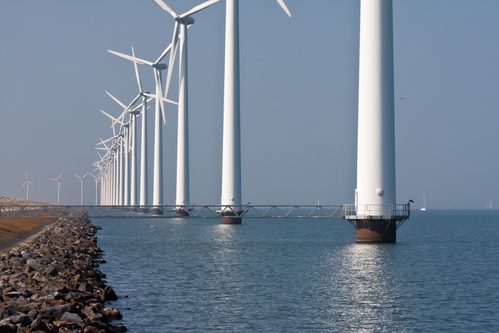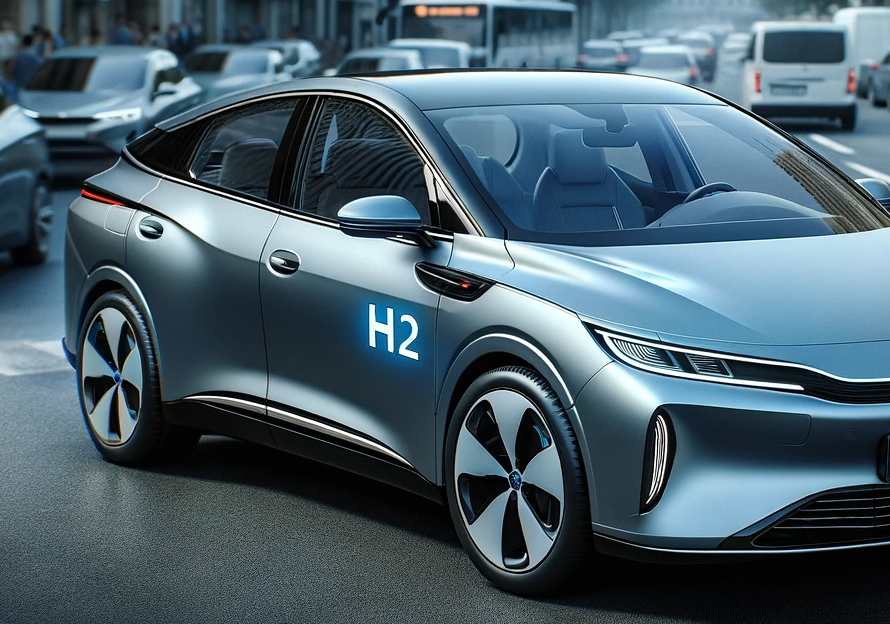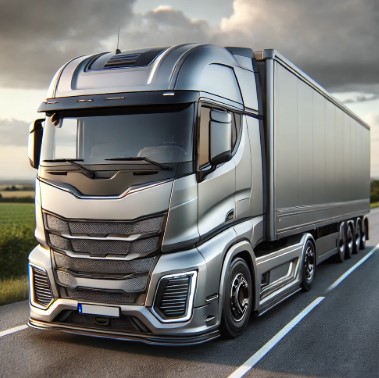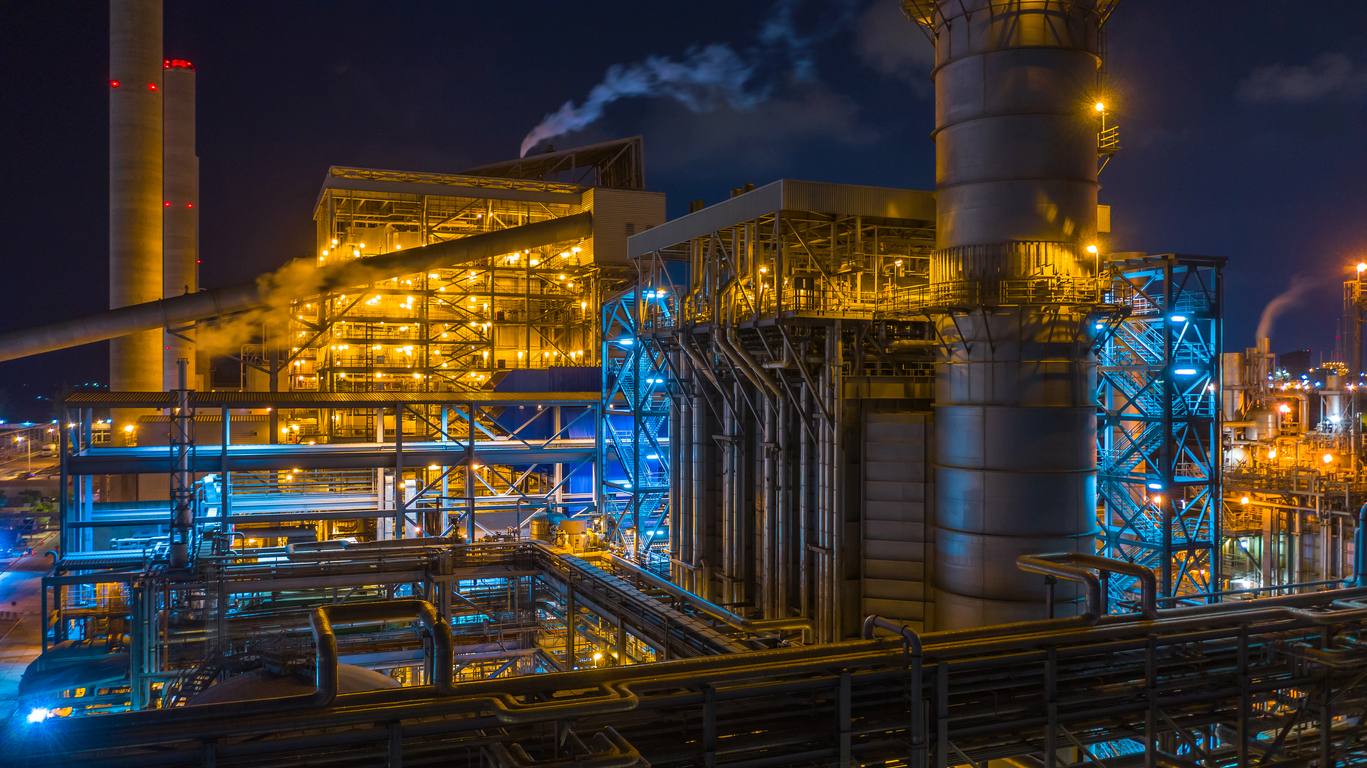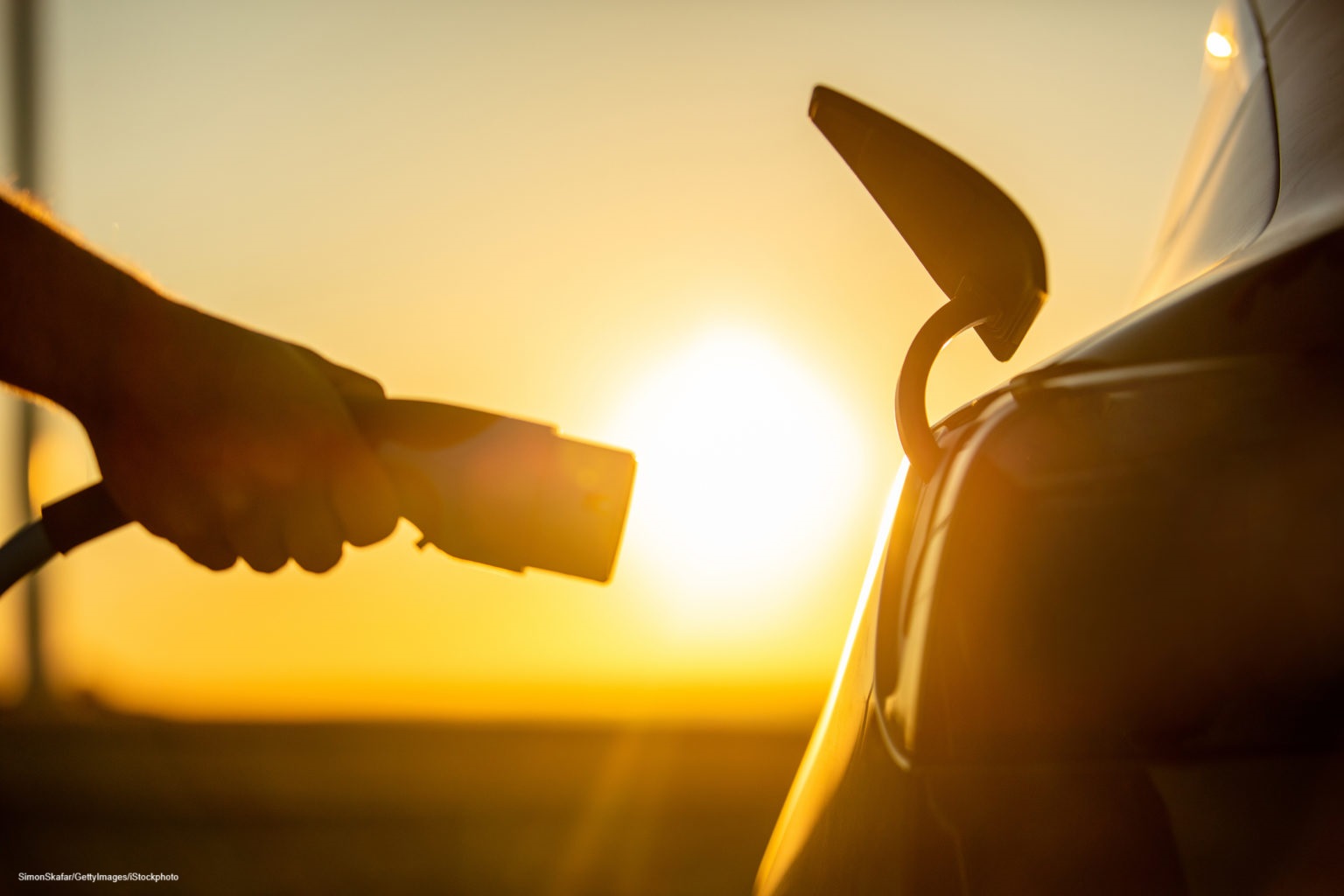Korean companies venture into wind energy market
12. August 2021Several Korean companies are entering wind power generation to take advantage of this global growth trend. POSCO Group plans to collaborate with Denmark’s Orsted, the world’s largest offshore wind energy producer. Orsted wants to build a 1.6 GW offshore wind power plant in Incheon, South Korea. POSCO Group is the local partner for this project. The project cost is expected to be $6.9 billion, with completion scheduled for 2026. Wind turbines are complex plants where numerous technical components and parts require KC certification (Korea Certification) to be imported, built and operated in Korea.
Hanwha Solutions is planning to build a plant to generate green hydrogen from wind energy in Gangwon Province. Subsidiary company Hanwha Q CELLS, responsible for the renewable energy business, is also expanding its wind energy resources and plans to participate in a 40 MW wind farm, also in Gangwon Province. In this, Hanwha Q CELLS is acting as an engineering and construction company. Another company, Hyosung Heavy Industries has formed a joint venture with China’s Goldwind and is planning an 8 MW wind farm.
Hyundai Heavy Industries is participating in the construction of a demonstration plant for the production of green hydrogen from offshore wind turbines. The plant’s capacity is expected to be 100 MW, with commissioning targeted for 2025. The company is developing a large-scale plant for the production of hydrogen from seawater and electricity from wind power at the Ulsan Floating Wind Farm. In a second phase of the project, another green hydrogen plant with 1.2 GW capacity will be built, in which Hyundai Heavy Industries is also involved. This is scheduled to begin operation in 2030.
In addition to hydrogen and wind power generation, Korean shipbuilders are also benefiting from the growth of offshore wind. As part of this, Samsung Heavy Industries (SHI) has developed a vessel for wind turbine installation that is based on environmentally friendly propulsion technology. SHI announced on May 8 that its SLW-FUEL CELL ship model concept has been classified as environmentally friendly in terms of low CO2 emissions by the world’s three leading ship classification organizations, ABS (USA), DNV (Norway) and LR (UK).
South Korea is considered one of the most important and innovative industrial nations in the world. In order to gain market access to this highly technological country, products imported into South Korea must be tested and certified. The KC mark or KC certificate is roughly equivalent to the European CE mark and applies to 730 different products. MPR International GmbH has solid experience in Korea certification and competent local partners. We gladly advise you without obligation about the scope and procedure of a Korea certification.
If you need assistance or have any questions regarding Korean certifications like KC, KC EMC, KCs or KCs for explosion safety products, feel free to contact us any time.
Tel.: +49-69-2713769259
Email: info@korea-certification.com
Urgent questions?
Please do not hesitate to contact us via chat. You will find the chat window at the bottom right of each page (if this is not visible, please check your browser settings).
For more information you can download our free brochure “Korea Certification Made Easy – The Booklet“.



